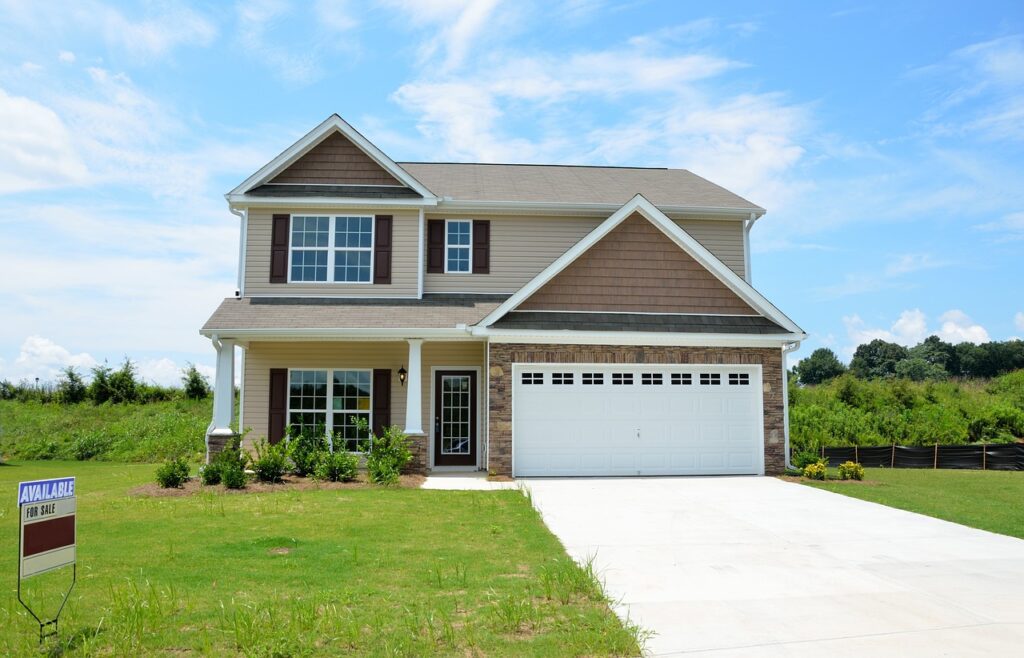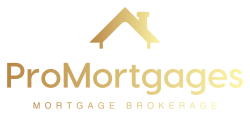Residential Mortgage Solutions
Your Roadmap to Homeownership: A Comprehensive Guide to Residential Mortgages in Canada
Demystifying Residential Mortgages:
A residential mortgage is a loan from a financial institution that helps you finance the purchase of a home. Typically, you repay the loan principal and interest over a predetermined period (amortization period), usually 15 to 30 years. The property itself serves as collateral for the loan.

When considering a residential mortgage, it’s important to understand your financing options. For example, you can explore Prime Lending Solutions, which offer competitive rates for borrowers with strong credit histories. On the other hand, if you don’t meet the strict criteria for prime lending, Alternate Lending offers more flexible financing solutions, ensuring you still have access to home financing.
If you’re a first-time homebuyer, understanding the various residential mortgage solutions is essential. These solutions can be tailored to your unique financial situation, helping you choose the right mortgage product for your needs. Additionally, if you’re considering buying a property to generate income or invest, commercial mortgages may be a viable option for you.
For those looking to build or renovate, construction financing provides the necessary funds for home construction or major renovations. Moreover, if you’re thinking about refinancing your existing home loan, refinancing options can offer solutions to reduce your monthly payments or access home equity.
Lastly, if you’re self-employed, finding the right financing may seem challenging. Fortunately, self-employed financing solutions are specifically designed to address the unique financial circumstances of self-employed individuals.
Understanding Key Mortgage Concepts: for Residential Mortgage Solutions
Down Payment
Loan-to-Value Ratio (LTV)
Interest Rate
Amortization Period
Exploring Mortgage Options:
- Fixed-Rate Mortgages: Offer stability and predictability with a locked-in interest rate for the entire term.
- Adjustable-Rate Mortgages (ARMs): Interest rates can fluctuate based on market conditions, potentially offering lower initial rates but carrying the risk of future increases.
- Closed Mortgages: You cannot prepay a significant portion of the principal without incurring a penalty during the closed term.
- Open Mortgages: Allow for lump-sum payments towards the principal without penalty, providing more flexibility but often come with higher interest rates.
- Home Equity Loan (HELOC): A line of credit secured by the equity in your home, offering flexibility for renovations or other needs.
Additional Considerations:
- CMHC Insurance: The Canada Mortgage and Housing Corporation (CMHC) offers loan insurance for mortgages with a down payment of less than 20%. This allows you to qualify for a mortgage with a smaller down payment but requires additional premiums.
Government-Backed Options:
- Stress Test: Introduced in 2018, the stress test ensures you qualify for your mortgage even if interest rates rise by 2 percentage points.
- Mortgage Pre-Approval: Getting pre-approved helps you understand your borrowing power and makes you a more attractive buyer to sellers.
Navigating the Mortgage Process:
- Research and Choose a Lender: Compare rates and terms from different lenders (banks, credit unions, mortgage brokers).
- Gather Documents: Prepare financial statements, proof of income, and tax returns.
- Pre-Approval: Apply for pre-approval to determine your borrowing capacity.
- Formal Application: Once you find a home, submit a formal mortgage application with your chosen lender.
- Underwriting: The lender assesses your financial situation and approves or denies your application.
- Closing: Once approved, sign the mortgage documents and finalize the purchase.


 by Bhasha Infotech
by Bhasha Infotech